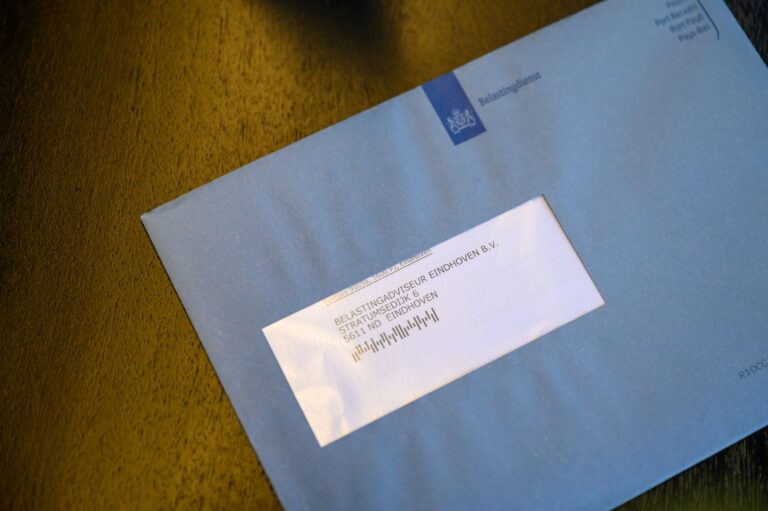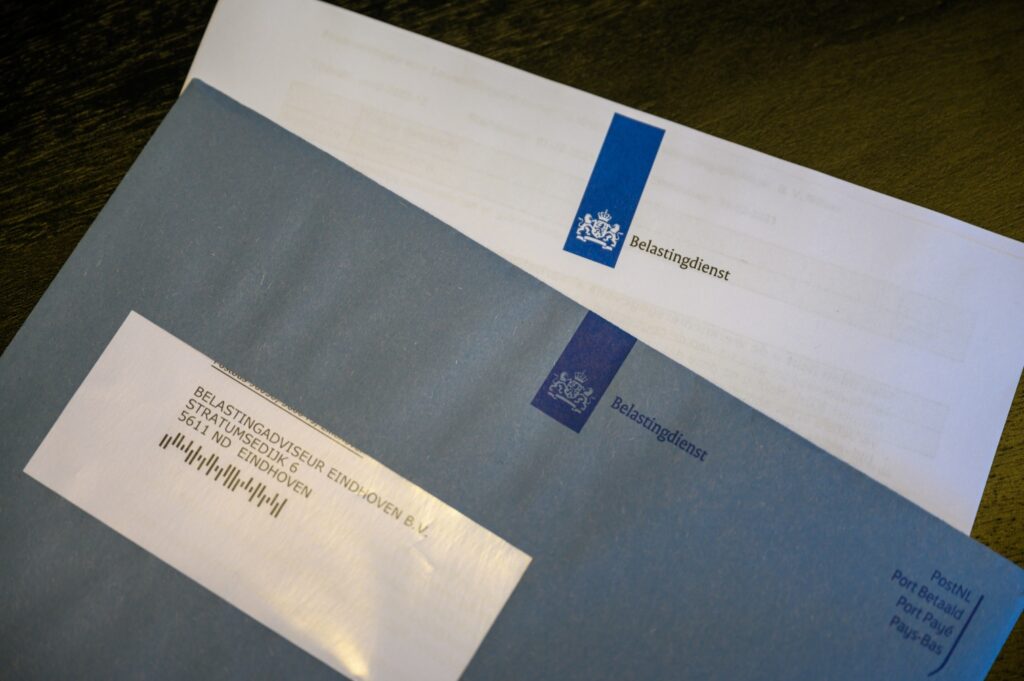
In dit artikel vertellen we alles over de aangescherpte regels rondom schijnzelfstandigheid bij ZZP’ers die per 1 januari 2025 zijn ingegaan.

A besloten vennootschap (bv) in the Netherlands pays various taxes. In this article, we explain which taxes apply to a bv.
The bv pays corporate income tax (Vpb) annually on its profits in that year. A bv with a regular financial year must file its corporate income tax return before 1 June of the following calendar year. If it is not possible to file the tax return on time, a postponement can be requested. The corporate income tax rate is shown below.
2025 en 2026 tarief vennootschapsbelasting
For the part of the taxable | Rate |
Up to € 200,000 | 19% |
Above € 200,000 | 25,8% |
If the bv makes a loss each year, this can be offset against a profit in a subsequent financial year under certain conditions. It can also be offset against previous years. This is called carry back or carry forward. This therefore allows the bv to save corporation tax. Foreign entities may be interested in having a Holding structure in the Netherlands and bring their foreign companies under this entity because of participation exemption which means foreign profits can be held in the Dutch Holding.
The bv handles VAT, value-added taxes, after the end of each quarter. There may also be a monthly declaration requirement. There are different VAT rates. We deal with a 21%, 9% or 0% rate.
Do you want to start today?
Deliveries of goods and services across the border of the Netherlands but within Europe are called intra-community supplies (ICP). If this is the case, the VAT number of the foreign company must be stated on the invoice, and it must be indicated that the VAT is reverse-charged. In this case, the 0% VAT rate applies. In addition to the regular VAT return, a declaration of intra-Community performance must be made.
If you supply goods or services to a private customer across the border of the Netherlands but within Europe, you must charge Dutch VAT.
Deliveries of goods and services to countries outside Europe are generally subject to the 0% VAT rate. No distinction is made between companies and private individuals here either.
If a bv employs staff, it must withhold and remit payroll taxes (taxes and national insurance contributions) to the tax authorities. Staff receive a payslip with a gross/net calculation and the payroll taxes are processed in a wage tax return.
If you are director-major shareholder (dga), you receive a salary from the company. You are then also subject to the regular tax rules that apply to employees. The bv deducts payroll taxes on the salary and pays out the net salary. If you work for a bv and own more than 5% of the shares, you are a dga under the law.
Do you want to focus more on your business and not worry about taxes? Then outsource your administration to bookkeeping office Belastingadviseur Eindhoven. This will allow you to spend more time on strategy and growth. Our specialists will provide you with proactive tax advice, so you don't miss out on any financial opportunities.
Want to know what the possibilities are or do you have questions? Then please contact us.
Do you want to start today?

In dit artikel vertellen we alles over de aangescherpte regels rondom schijnzelfstandigheid bij ZZP’ers die per 1 januari 2025 zijn ingegaan.

As a sole proprietor in the Netherlands, there are several tax benefits you can make smart use of. You can read more about them in this article.

An audit by the Tax Authorities is something that can happen. However, it does not have to be a stressful experience. In this article, we explain how an audit works and what your rights and obligations are.
In order to provide the best experience, we use technologies such as cookies to store and/or retrieve information on your device. By agreeing to these technologies, we can process data such as browsing behaviour or unique IDs on this site. If you do not give your consent or withdraw your consent, this may adversely affect certain functions and capabilities.